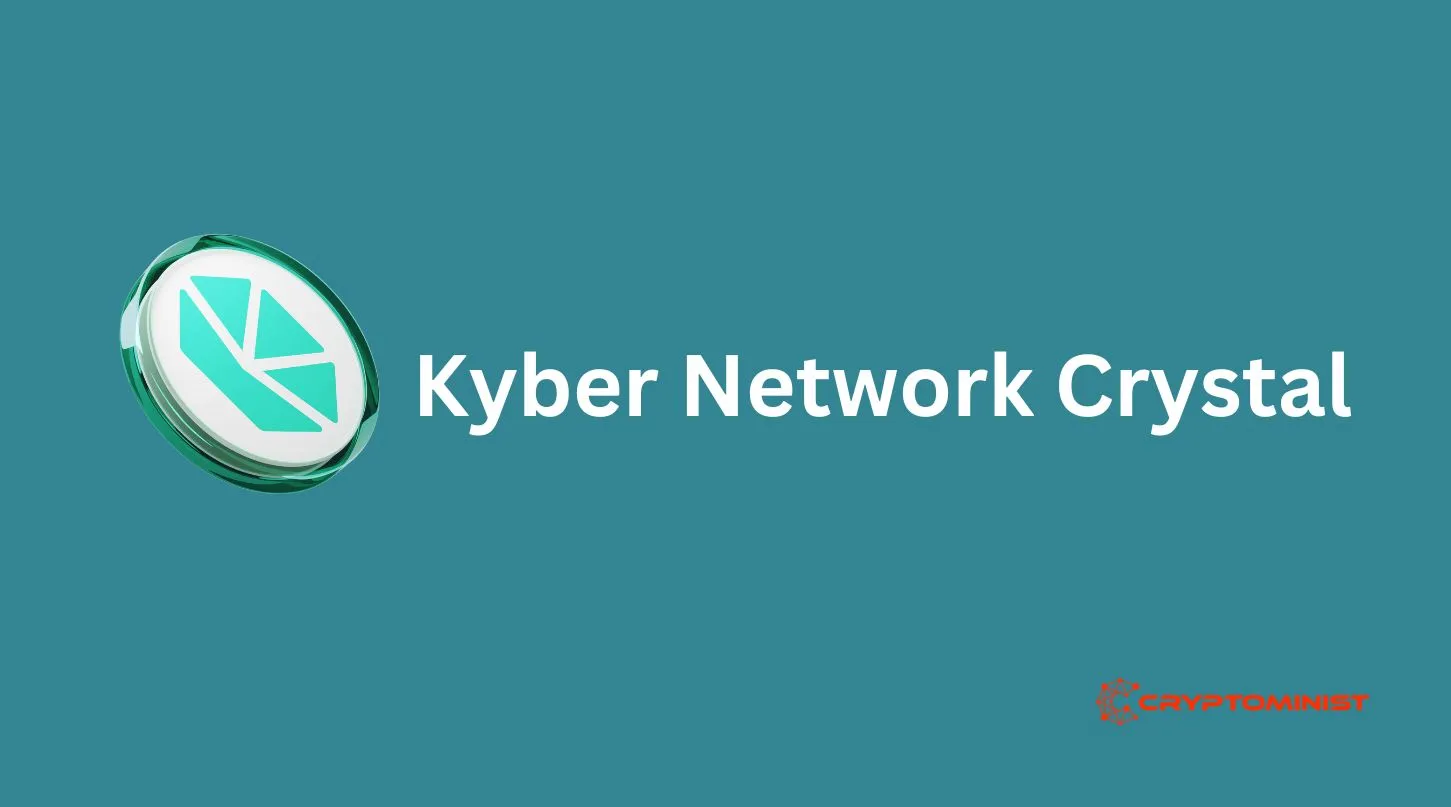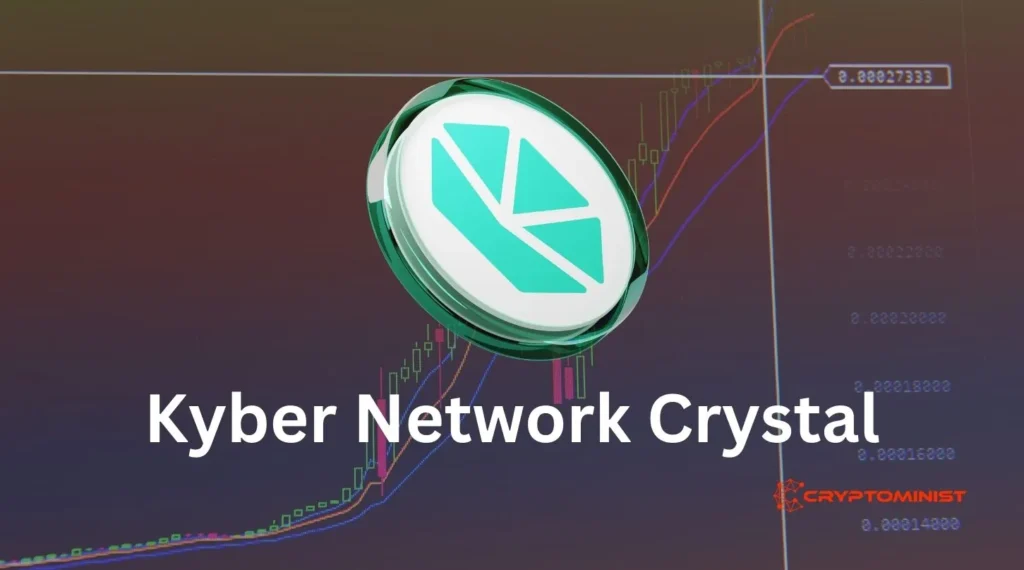Kyber Network Crystal (KNC) is a cryptocurrency that plays a pivotal role within the Kyber Network, a decentralized liquidity protocol. In this comprehensive guide, we will delve into what KNC is, its purpose, and how it functions within the Kyber Network ecosystem.
What is Kyber Network Crystal (KNC)?

Kyber Network Crystal (KNC) is an integral component of the Kyber Network, a decentralized exchange (DEX) protocol built on blockchain technology. KNC, often referred to as Kyber Network’s native token, serves multiple purposes within the network. Let’s explore these functions in more detail:
1. Liquidity Provision
KNC holders can participate in providing liquidity to the Kyber Network. Liquidity providers lock a certain amount of KNC tokens in the network’s smart contract, allowing these tokens to be used for instant and decentralized token swaps. In return for providing liquidity, participants earn fees and rewards based on the volume of trades executed through their contributions.
2. Governance
KNC token holders have the power to influence the decisions and development of the Kyber Network. This is achieved through on-chain governance voting. KNC holders can propose, vote on, or delegate votes to steer the direction of the network. Key decisions, such as protocol upgrades, fee adjustments, and the addition of new tokens, are subject to community voting.
3. Network Fee Payment
Kyber Network charges fees for the conversion of tokens. These fees are payable in KNC. When users conduct token swaps, a portion of the fee is collected in KNC. This collected KNC is then burned, reducing the overall supply of KNC tokens over time.
4. Staking and Rewards
Staking KNC tokens within the network can yield rewards for token holders. Users can lock their KNC tokens in various pools, such as the KyberDMM (Dynamic Market Maker), to earn staking rewards in KNC.
How Kyber Network Crystal (KNC) Works?
The Kyber Network is designed to facilitate instant and trustless token swaps. Here’s a simplified overview of how KNC functions within this ecosystem:
- User Initiation: A user initiates a token swap request on the Kyber Network, specifying the tokens they want to swap, the desired amount, and other parameters.
- Reserve Managers: The Kyber Network relies on a network of reserve managers. These entities maintain reserves of various tokens that they make available for trades. Reserve managers ensure there is always ample liquidity for swaps.
- KNC as Payment: When the swap is executed, a portion of the fees (in KNC) is collected as payment. KNC tokens are subsequently burned, reducing the overall supply.
- Liquidity Providers: Liquidity providers contribute KNC tokens to the network. These tokens are used to facilitate swaps by users. Liquidity providers earn rewards based on the volume of trades conducted using their provided liquidity.
- Governance and Decision-Making: KNC token holders actively participate in governance decisions by voting on proposals, upgrades, and network parameters. Their votes are proportional to the amount of KNC they hold or delegate.
Advantages of Kyber Network Crystal (KNC)
Kyber Network Crystal offers several advantages:
- Decentralization: Kyber Network is a decentralized protocol, reducing reliance on centralized intermediaries and providing greater transparency.
- Liquidity Provision: KNC holders can earn rewards by providing liquidity to the network, creating a dynamic ecosystem.
- On-Chain Governance: KNC token holders can influence the network’s development, ensuring it evolves in line with the community’s desires.
- Secure Token Swaps: Users benefit from secure and instant token swaps without the need for order book matching, thanks to the liquidity pool model.
Risks and Considerations
Despite its advantages, KNC and Kyber Network are subject to some risks:
- Price Volatility: The value of KNC can be highly volatile, impacting the rewards and returns of liquidity providers and token holders.
- Smart Contract Risks: As with any blockchain project, smart contracts may be vulnerable to bugs or exploits. Users should exercise caution.
- Market Risk: Market conditions can affect the performance of Kyber Network. A downturn in cryptocurrency markets may reduce demand for token swaps.
Conclusion
Kyber Network Crystal (KNC) is an integral part of the Kyber Network’s decentralized exchange protocol. It plays a crucial role in liquidity provision, governance, fee payment, and rewarding participants. While it offers several advantages, it’s essential for users and KNC holders to be aware of the risks and exercise diligence when participating in the network’s activities. The combination of decentralized token swaps and active community governance positions KNC as a significant player in the world of decentralized finance (DeFi).
If you like reading the above article, you may also like reading:







